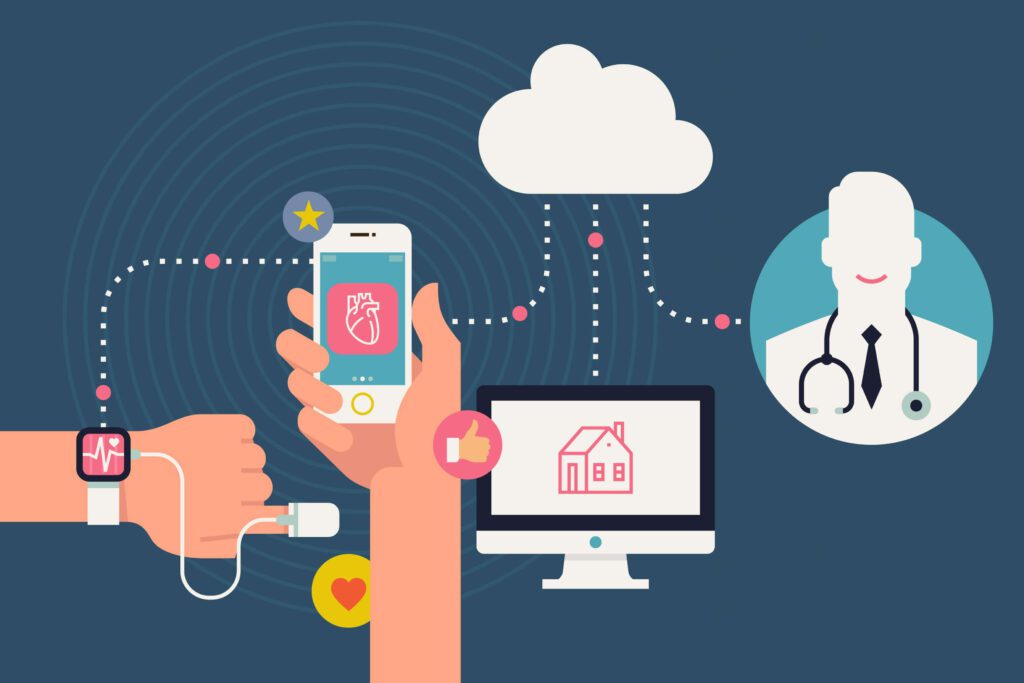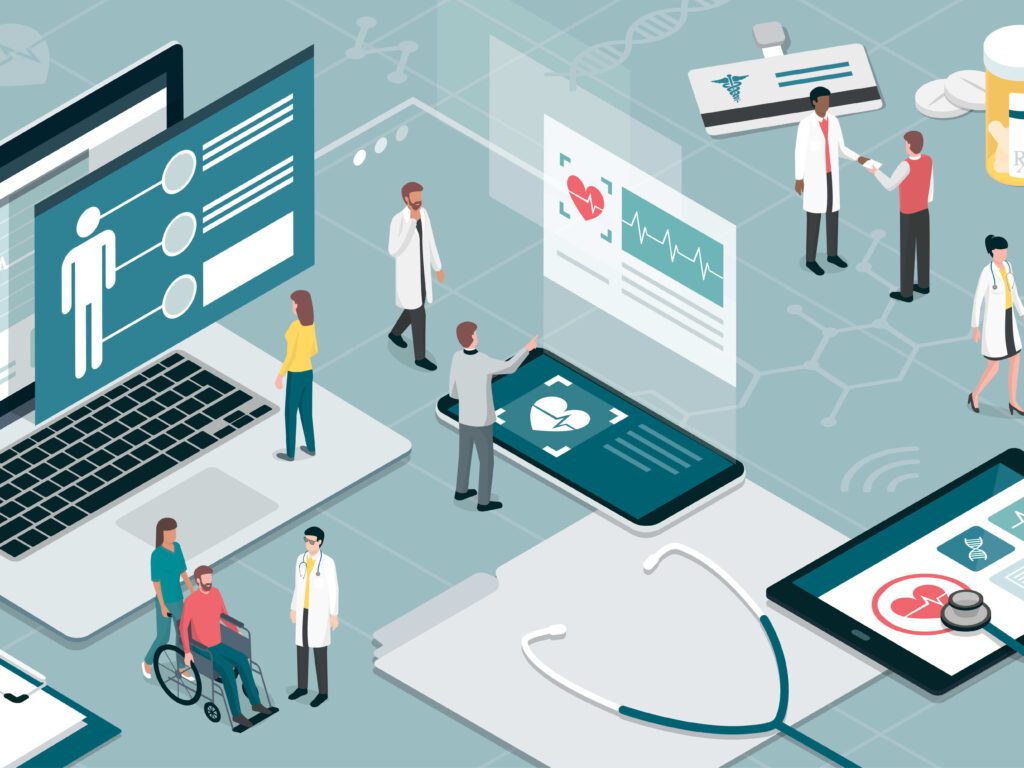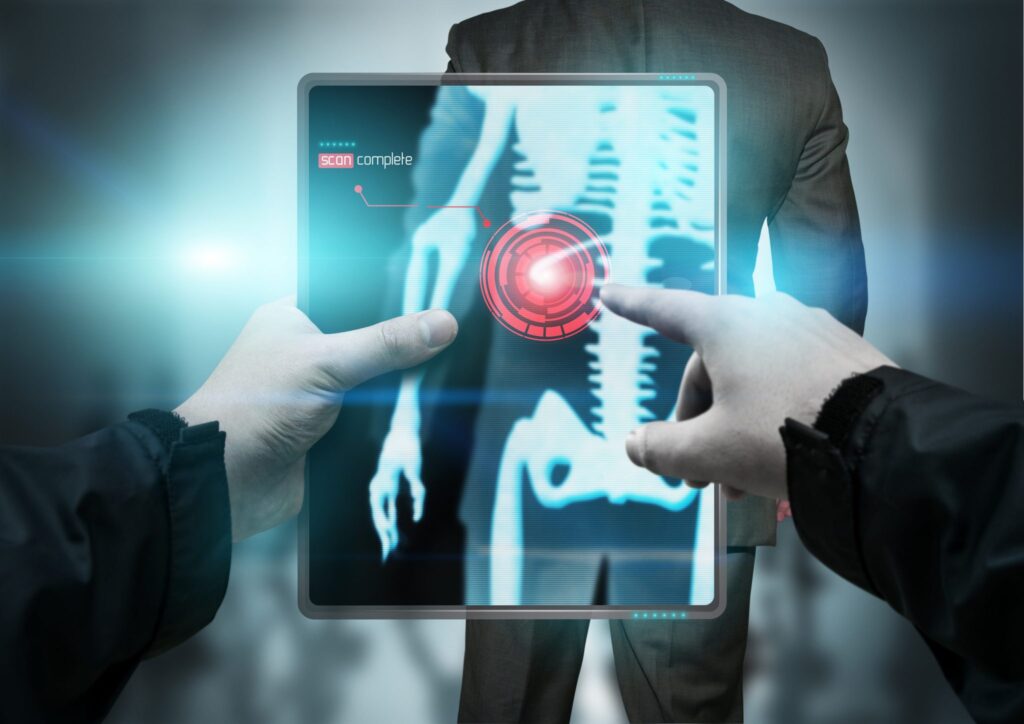In an era where technology pervades every aspect of our lives, its impact on health is both profound and pervasive. From wearable fitness trackers to advanced diagnostic tools, technology has the power to transform not just how we live but also how we manage our health. This article will explore the various dimensions of technology’s impact on health, unraveling the complexities and highlighting how we can harness its potential for better health outcomes.
What is Technology’s Impact on Health?

Technology’s impact on health refers to the significant influence that various technological advancements have on the way we understand, manage, and enhance human health. This impact is seen in numerous areas, including how we collect health data, how quickly we can diagnose health issues, and the accessibility of medical treatment. In essence, technology promises a more informed, efficient, and possibly a more personalized approach to healthcare.
Enhancing Healthcare Access and Efficiency
The advent of digital health records and e-prescribing software has streamlined the administrative processes of healthcare, reducing errors and improving the speed at which services are delivered. This technological efficiency helps in better resource management and improved patient care across the UK and the world.
The Revolution of Telemedicine
Telemedicine has been a game changer during recent global health crises, allowing patients to consult with doctors via video calls. This not only maintains social distancing but also expands access to healthcare providers who might not be locally available, especially in rural areas.
Wearable Technology and Health Monitoring
From fitness bands measuring physical activity to smartwatches monitoring heart rate and sleep patterns, wearable technology has become a personal health assistant. These devices provide real-time data that not only help individuals stay healthy but also enable doctors to collect patient data remotely.
The Double-Edged Sword of Digital Health
While digital health tools offer extensive benefits, they also pose new challenges. Issues such as digital addiction and the strain of constant connectivity can ironically lead to health problems, creating a paradox where technology is both the problem and the solution.
Mental Health in the Digital Age
The rise of social media and digital communication has reshaped social interactions, impacting mental health significantly. Cyberbullying, social isolation, and the pressure to maintain a certain online image can lead to mental health declines, particularly among teenagers and young adults.
The Role of AI in Healthcare

Artificial intelligence (AI) in healthcare is making treatment more personalized and precise. AI algorithms are used to predict patient outcomes, personalize treatment plans, and even assist in complex surgeries, providing a new frontier in medical technology.
Protecting Patient Data
With the increase in digital health services comes the need for robust data security measures. Protecting patient data against hacks and leaks is paramount, as breaches can lead to significant privacy concerns and undermine public trust in digital health solutions.
Technology Induced Health Risks
Technological devices emit radiation and can lead to issues like eye strain and sleep disruption. Understanding these risks and mitigating them is essential to safely integrate technology into our daily lives for health monitoring and enhancement.
Navigating Health Misinformation Online
The abundance of health information online can be a double-edged sword. While it increases awareness, it can also lead to the spread of misinformation. Critical thinking and checking credible sources are vital for correctly utilizing the information available.
The Future of Health Technology
Looking ahead, technology’s role in health is set to grow even more with advancements like gene editing and further developments in AI and robotics. These technologies promise to tackle previously incurable diseases and make healthcare more effective but also pose ethical questions and require careful regulation.
Conclusion
Technology’s impact on health is expansive and multifaceted. While it presents numerous opportunities for enhancing healthcare delivery and efficiency, it also brings challenges that need careful consideration. By navigating its benefits and risks wisely, we can maximize technology’s role in health and ensure it serves as a tool for enhancement rather than detriment.

